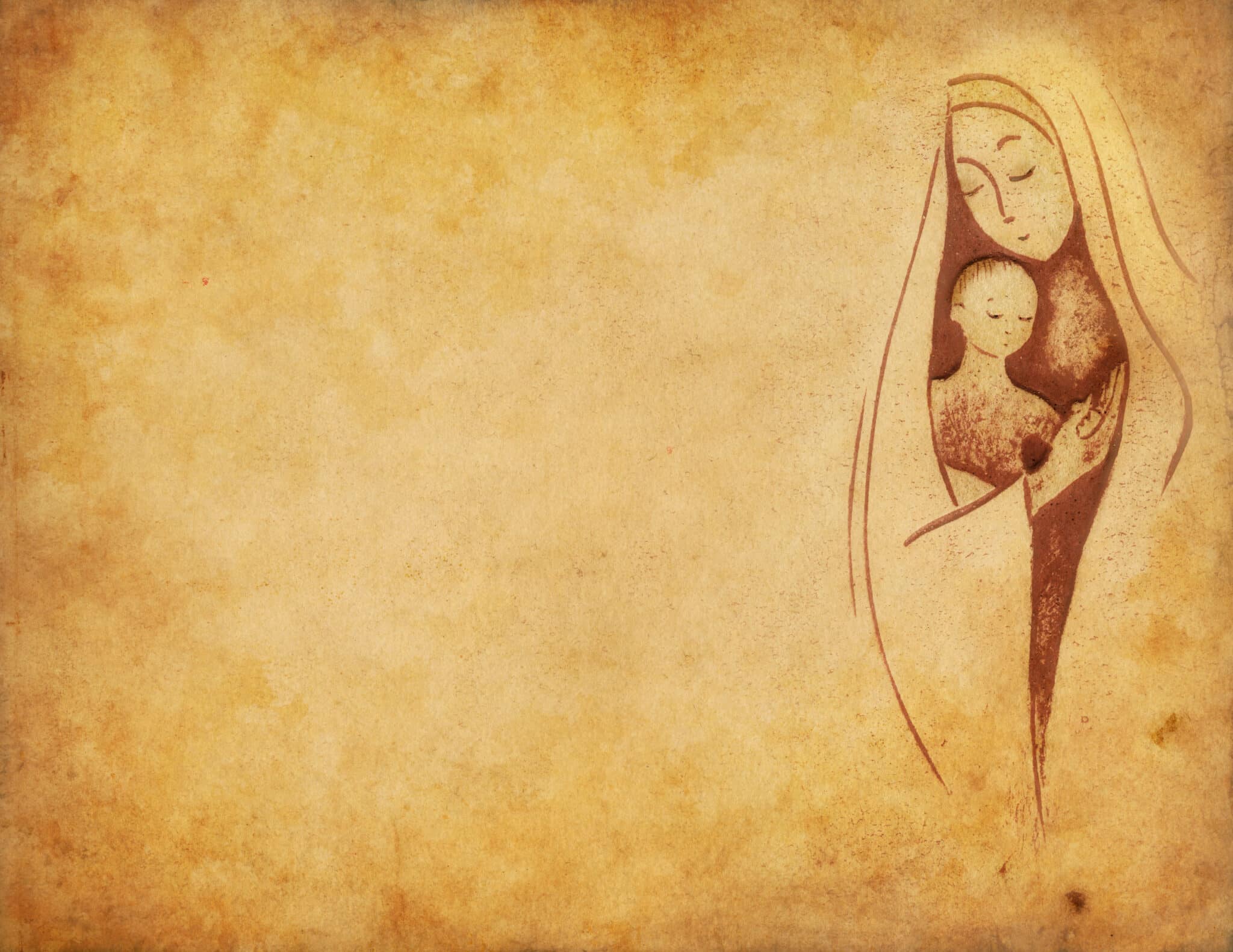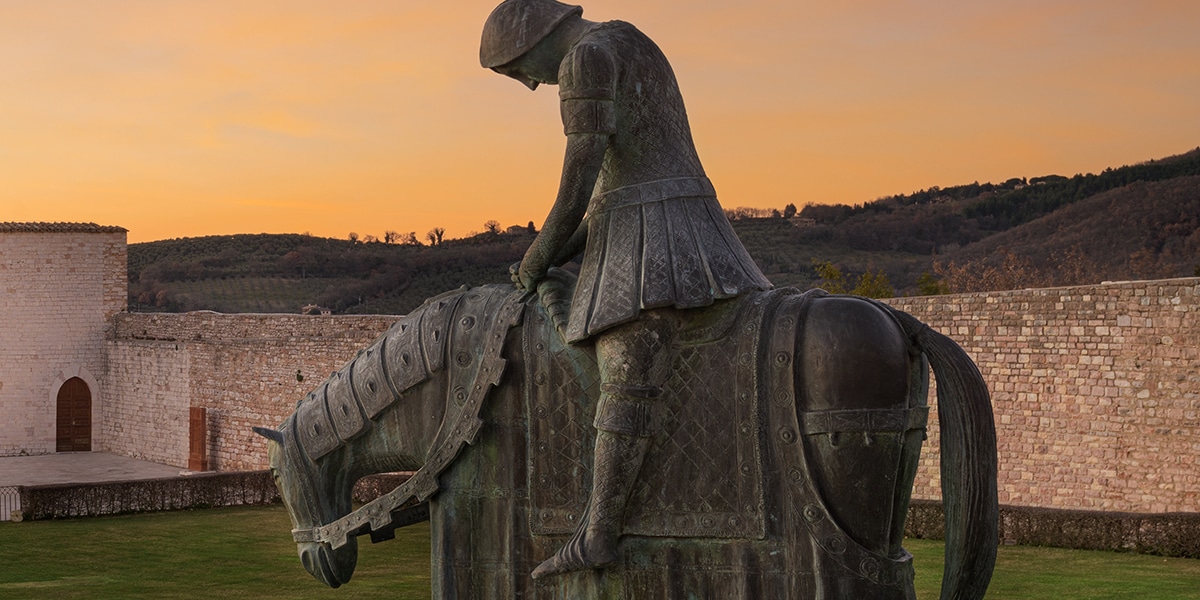“I, Brother Francis, wish to follow after the life
and poverty of our highest Lord, Jesus Christ,
and of his most holy mother, and I will hold out
in this to the last.”
—St. Francis of Assisi—
First and before all, Francis wanted to imitate the poverty of Christ. He was not pursuing an abstract ideal. He saw the clear picture of the Gospels—a Christ who had nowhere to lay his head, and Francis responded, “Whatever he did, I want to do.”
This fundamental lesson of Franciscan poverty must never be forgotten. Poverty, in the sense of non-possession, is neither good nor bad—it is simply a fact. What makes Gospel poverty valuable is its purpose: the imitation of Christ for the purpose of Christ. This is why St. Paul’s great hymn speaks of Jesus’s “emptying” himself, foregoing the glory to which he had a right as God, entering into human nature in all its limitation, weakness, and suffering (Philippians 2:6–11).
By entering into the weakness and damages that sin had caused to us, Jesus could heal it by the holiness of his inner spirit. No matter what suffering he underwent, what frustration, misunderstanding, injustice, pain, deprivation, or poverty he endured, his human spirit was always directed in simple trust to the Father’s praise. Francis had an intuition of the beauty of Christ’s poverty. He wrote no profound philosophical analysis of this; he simply imitated it.
What was the result of Jesus entering into human poverty with a totally loving trust? He was able to enjoy all the things of earth that happened to come his way. He saw all creation as praising God, not as something to be grabbed, hidden, or sold. He saw all God’s gifts as the inheritance of all people, to be shared in justice and charity. He saw all creation as the possession of everyone.
Jesus was the final flower of a movement that began in the Old Testament. At first, the poor were merely the miserable victims of society’s greed and cruelty. As time went on, it came to be realized that since they were the victims of injustice, God had to be on their side. Their only trust was in God for the practical reason that there was no one else to go to. Gradually the poor became those who were totally dependent on God. They were those to whom God said, “Blessed are you poor.” They did not put their trust in earthly things, whether they possessed them or not. The poorest of all these was the virgin of Nazareth. Because she was completely free of selfish attachments, completely open to God,
Mary was the perfect virginal dwelling place in which the Word could “empty” himself into her spiritual and material poverty. This was the vision of Francis, and this was the reason why he always joined Jesus and his mother in his praise of poverty. We have still not settled the practical question as to whether poverty is material or spiritual, whether it is mainly positive or negative, whether it is an ascetical practice or a generous sharing of this world’s goods with others. It is possible for a materially wealthy person to be totally unattached to his or her possessions.
And a person poor in possessions can be stingy, grasping, and hoarding. If we place the question within the mystery of Christ, perhaps we can see that there is no neat answer.
Questions for Reflection
• What did Francis intend when he imitated the poverty of Christ?
• Who are the poor of today among whom the infant Jesus might be most comfortable?
Connecting with Scripture
Then the king will say to those at his right hand, “Come, you that are blessed by my Father, inherit the kingdom prepared for you from the foundation of the world; for I was hungry and you gave me food, I was thirsty and you gave me something to drink, I was a stranger and you welcomed me, I was naked and you gave me clothing, I was sick and you took care of me, I was in prison and you visited me.” Then the righteous will answer him, “Lord, when was it that we saw you hungry and gave you food, or thirsty and gave you something to drink? And when was it that we saw you a stranger and welcomed you, or naked and gave you clothing? And when was it that we saw you sick or in prison and visited you?” And the king will answer them, “Truly I tell you, just as you did it to one of the least of these who are members of my family, you did it to me.” —see Matthew 25:31–46
Prayer
Lord, show me how to be poor
in a culture that worships the wealth
of power, possessions, and prestige.
Amen








